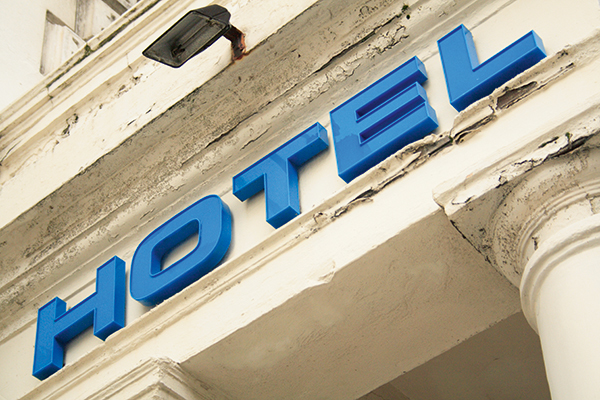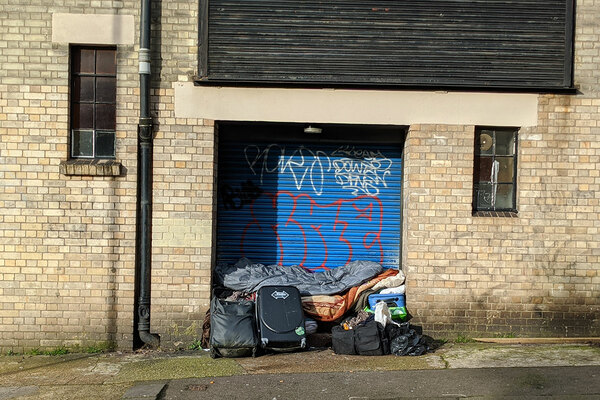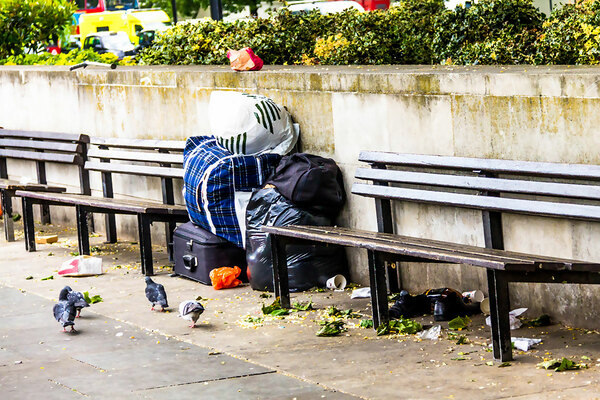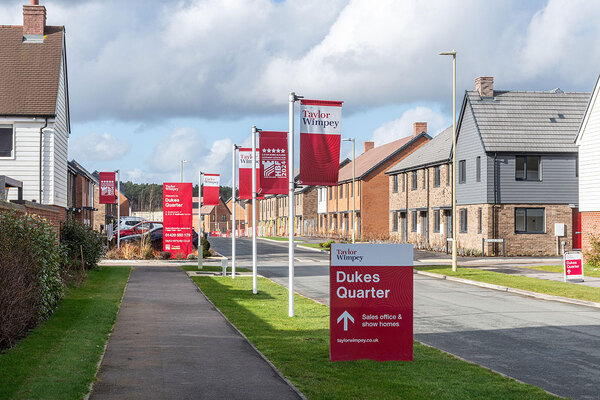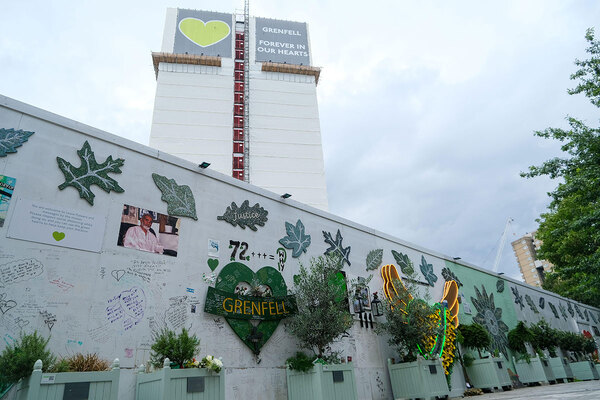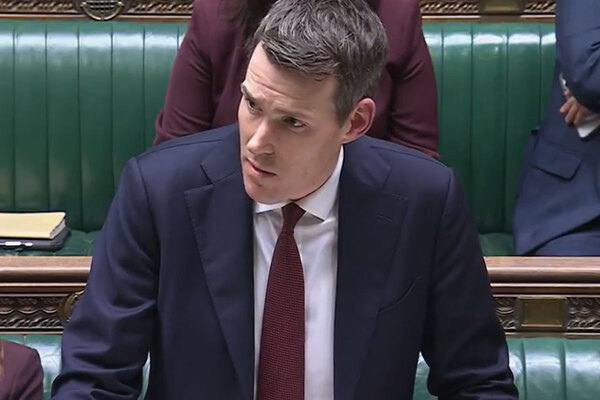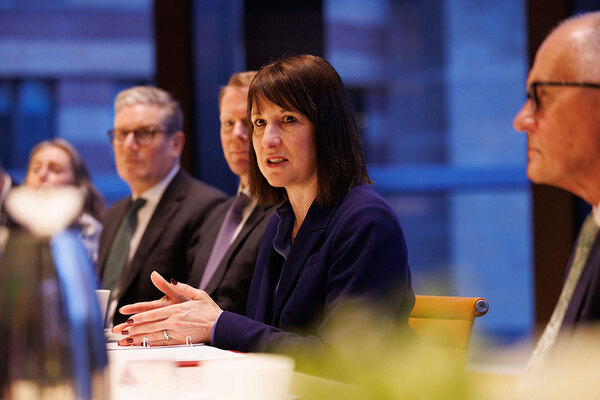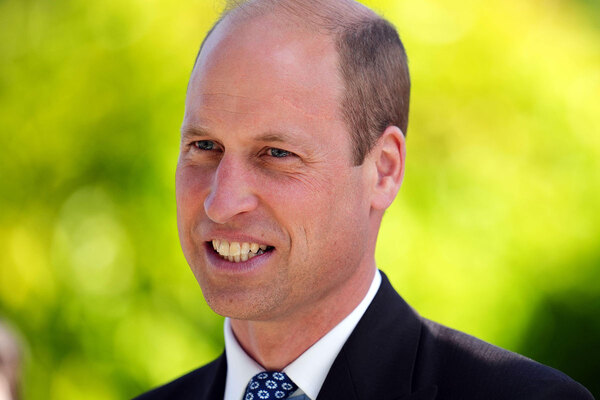Homeless migrants may be offered ‘voluntary repatriation’ once hotels close, says minister
The homelessness minister has said that homeless migrants who are unable to access housing benefit may be offered “voluntary repatriation” following the coronavirus lockdown, as it is revealed that almost 1,000 of the rough sleepers housed in London have no recourse to public funds (NRPF).
Speaking at a meeting of the Housing, Communities and Local Government (HCLG) Committee yesterday, Luke Hall said that rough sleepers who have been housed in emergency accommodation during the coronavirus pandemic will be provided with personal housing plans to ensure they do not end up back on the street.
When asked what the government’s plan is for the hundreds of migrants without access to benefits who have been housed under the scheme, he said: “I think the reality will be, as the legal position hasn’t changed, that support offers for each person supported under the approach local authorities have taken will need to be made on that individual basis... and that may include in this particular cohort of people an offer of voluntary repatriation if that is the most appropriate course of action.”
NRPF is a condition placed on some migrants as part of their leave to remain in the UK, and prevents them from accessing housing or other welfare benefits.
Speaking at an earlier hearing of the HCLG committee yesterday, Jamie Carswell, co-chair of the London Housing Director’s Network and appearing on behalf of London Councils, said the organisation estimates that roughly 900 (25%) of the 3,600 rough sleepers who have been offered emergency accommodation in the capital during the crisis have NRPF.
He said the chance of local authorities finding move-on accommodation for this group of people was “quite low”, adding that “there is still a lack of clarity in the system on what is actually legal for local authorities to do”.
When asked whether it was conceivable that individuals with NRPF will be kicked out onto the streets again, Mr Carswell said: “That would be the worse-case scenario from a public health viewpoint, but local authorities may feel that they are backed into a corner. Finding long-term solutions will certainly not be possible and they may find a solution week on week.”
He said even if it were legal for local authorities to provide housing assistance to those with NRPF, it “would feel very, very unrealistic” for councils to “pick up the strain of that in the system” at a time of “extreme” financial pressure.
According to the government, more than 5,400 individuals who were sleeping rough at the beginning of the outbreak have now been offered emergency accommodation as part of an initiative to ensure all homeless people are housed during the pandemic.
At the start of May the government announced the creation of a specialist taskforce, headed by Dame Louise Casey, to ensure those who have been offered accommodation do not return to the streets.
Jon Sparkes, chief executive of Crisis, told the HCLG committee: “The fact that people under normal circumstances aren’t able to access the housing benefit system and Universal Credit because of their migration status means... that as people move out of this safe accommodation in hotels, even with a great willingness to try and rehouse, there’s a great risk that those people with NRPF will now be the rough sleeping population.”
He added: “That NRPF element does have to be solved. COVID-19 has shone a light on it, but it’s not only during [the crisis] that it is a huge and difficult issue that needs to be resolved.”
Sign up for our daily newsletter
Already have an account? Click here to manage your newsletters
